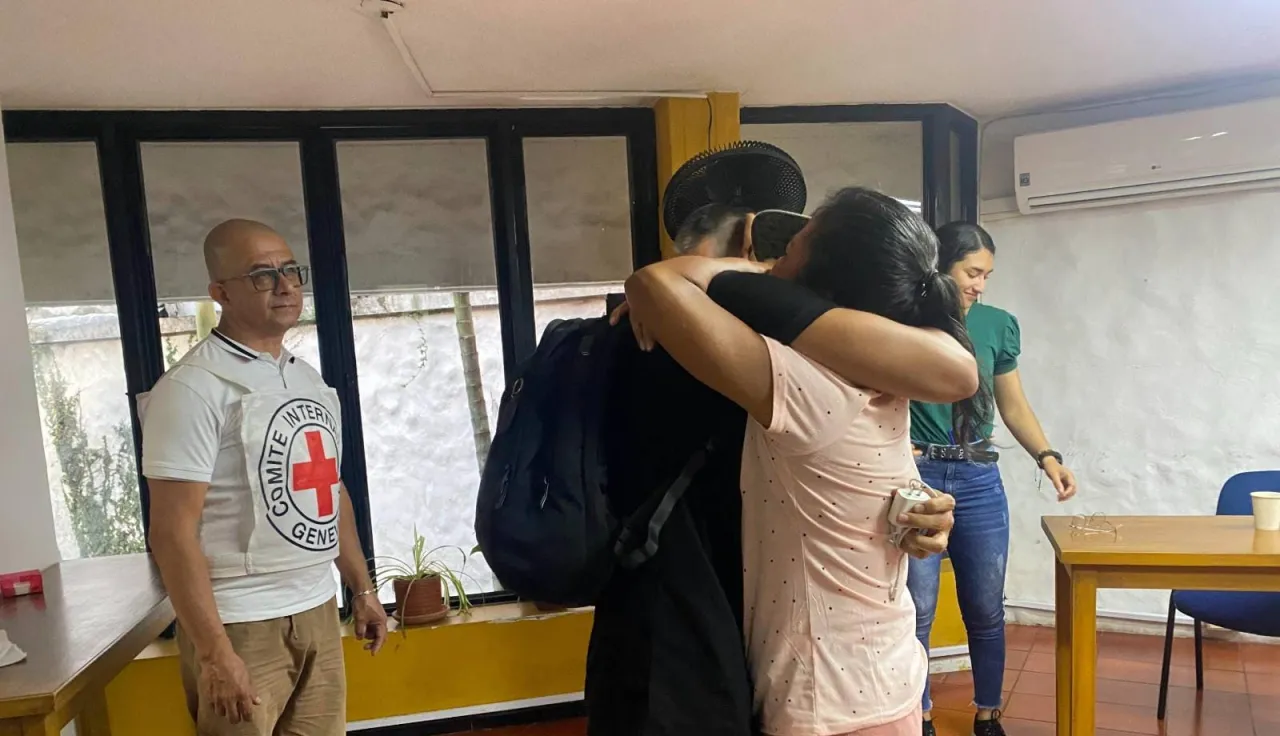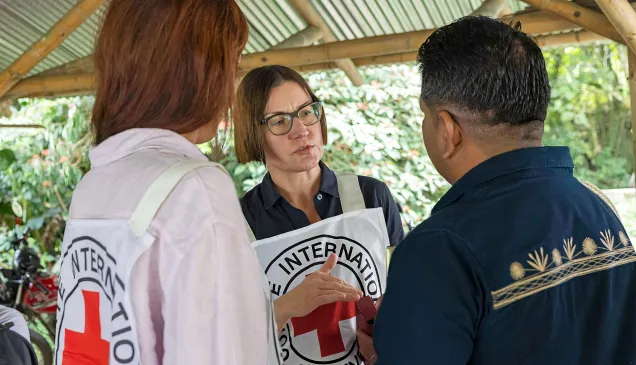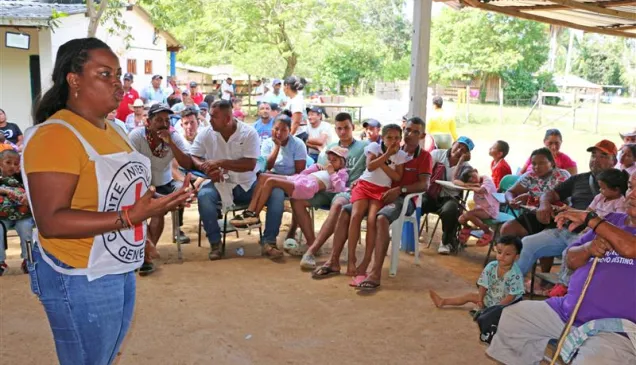Colombia: decent detention conditions are still a long way off

In 2024, detention conditions for people deprived of their liberty continued to deteriorate, as did the welfare and safety of the staff of the National Penitentiary and Prison Institute (INPEC in Spanish). This was despite the Colombian government having declared a prison emergency in February 2024. It should be noted that the INPEC and the Penitentiary and Prison Services Unit (USPEC in Spanish) are civilian bodies. They are not part of the Military Forces of Colombia, nor do they directly participate in the hostilities.
The state has begun applying positive measures such as Act 2292 of 2023, which benefited 90 women its first year of implementation. Nonetheless, overcrowding remains a concern. In prisons run by the INPEC, it reached an average of 25.6 per cent. In addition, the prison service is massively understaffed by at least 16,000. The current workforce is too small to ensure proper prison management, dignified treatment of detainees or effective re-socialization.
Various factors have led to detention conditions that do not meet international standards. For example, many of Colombia's national prison establishments (known as ERON) are no longer fit for purpose and deteriorating further due to a lack of preventive and corrective maintenance. This makes it difficult to supply them with essential services such as water, and impossible to provide people deprived of their liberty with proper health care.
The current health service model is increasingly focused on curative care. It faces high costs and problems with management and implementation, and lacks a systematic approach to caring for people with disabilities. Moreover, the absence of a comprehensive and multidisciplinary approach to mental health hinders rehabilitation, for example, for those who use psychoactive substances. The high turnover of health personnel, who are sometimes threatened by detainees, also hinders service provision.
Another concern is that the information system for prison deaths is weak, which hinders authorities' efforts to adopt preventive measures addressing the causes of these deaths.
Transfers took place to move convicted people from temporary detention centres to national prison establishments. This alleviated, albeit to a limited extent and only temporarily, concerns about people being detained for too long in these centres, which are designed to hold people for no more than 36 hours.
Releases: How we have brought thousands of people back home
Over 55 years, the ICRC in Colombia has helped nearly 2,000 people who had been held by armed actors to return to their families. In 2024, our efforts as a neutral intermediary led to 34 people regaining their freedom.
We have been able to continue this work thanks to our experience in handling these operations and the trust that parties to the conflict place in us. Unfortunately, there is still a need for us to play this role.
The people released may be civilians, members of armed groups or of the state security forces. Our humanitarian work continues irrespective of the reasons for which they are being held. The principles of humanity, impartiality and neutrality guide our work. We are entirely focused on doing everything possible to free people so they can return home.



